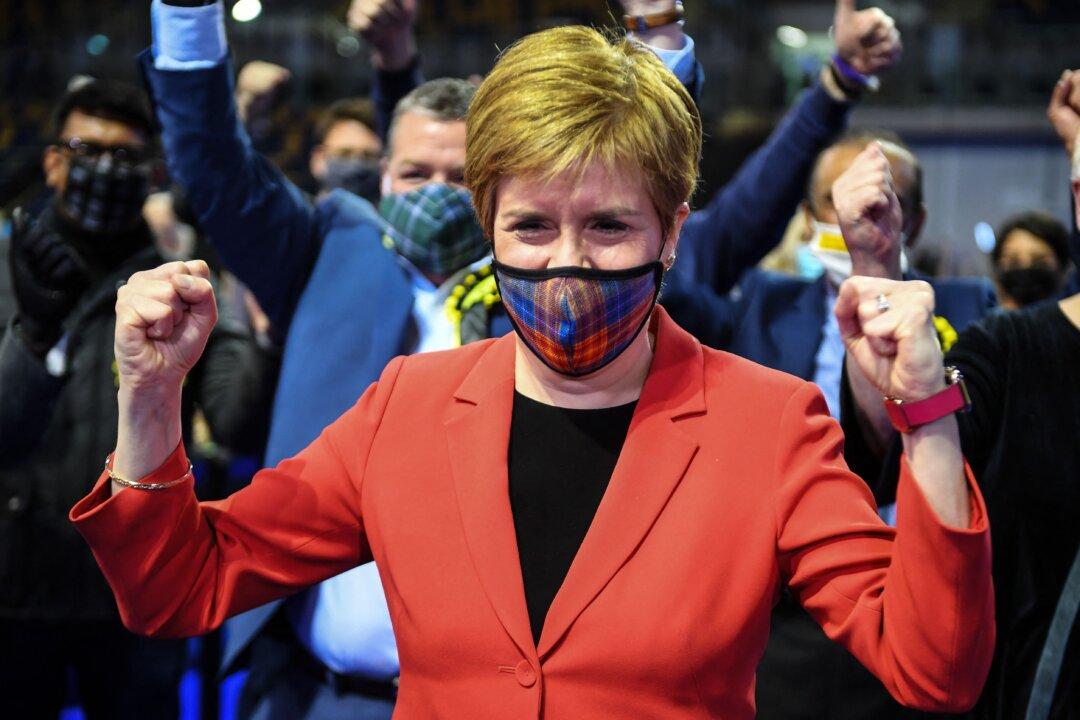Lawmakers in Scotland return from the summer recess to an altered political landscape in the Scottish Parliament, as the Green Party joins the ruling SNP in a cooperation agreement that will result in their first ever ministerial appointments in the UK.
First Minister and SNP leader Nicola Sturgeon is expected to lay out the details of the agreement, which was hashed out this weekend between the two pro-independence parties.





